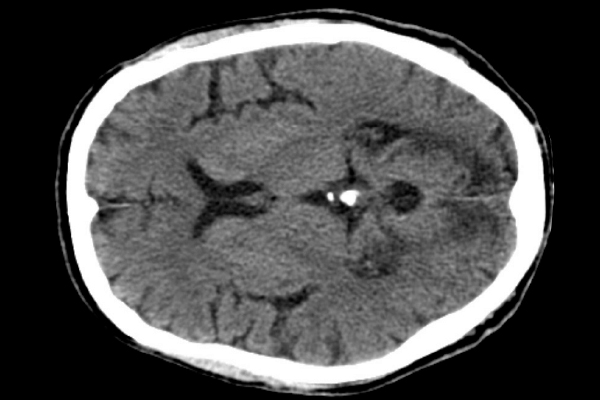SOCIAL MEDIA
Portuguese Medical Association's Scientific Journal

Serratia marcescens is a rarely implicated agent in endocarditis. We describe a case of a patient that underwent aortic and mitral valve replacement for Streptococcus agalactiae endocarditis. Four months later, he was readmitted with an ischemic stroke and fever. Physical examination and repetitive transthoracic echocardiogram were unremarkable. The initial blood cultures were negative. Due to sustained fever, vancomycin, gentamicin and piperacillin-tazobactam were initiated. On subsequent blood cultures, Serratia marcescens was isolated and antibiotics switched to ertapenem and gentamicin. In addition to cerebral emboli, a splenic embolus was found. The PET/CT revealed an abnormal hypercaptation in the mitral bioprosthesis. The patient was treated for six weeks. There are no current specific recommendations regarding the treatment of Serratia marcescens endocarditis. It is widely accepted that treatment should be prolonged and include a combination of antimicrobial agents. Morbidity and mortality are high, particularly when there’s the need for surgical replacement. In this case, however, the patient ended-up only requiring medical treatment due to the favourable response.